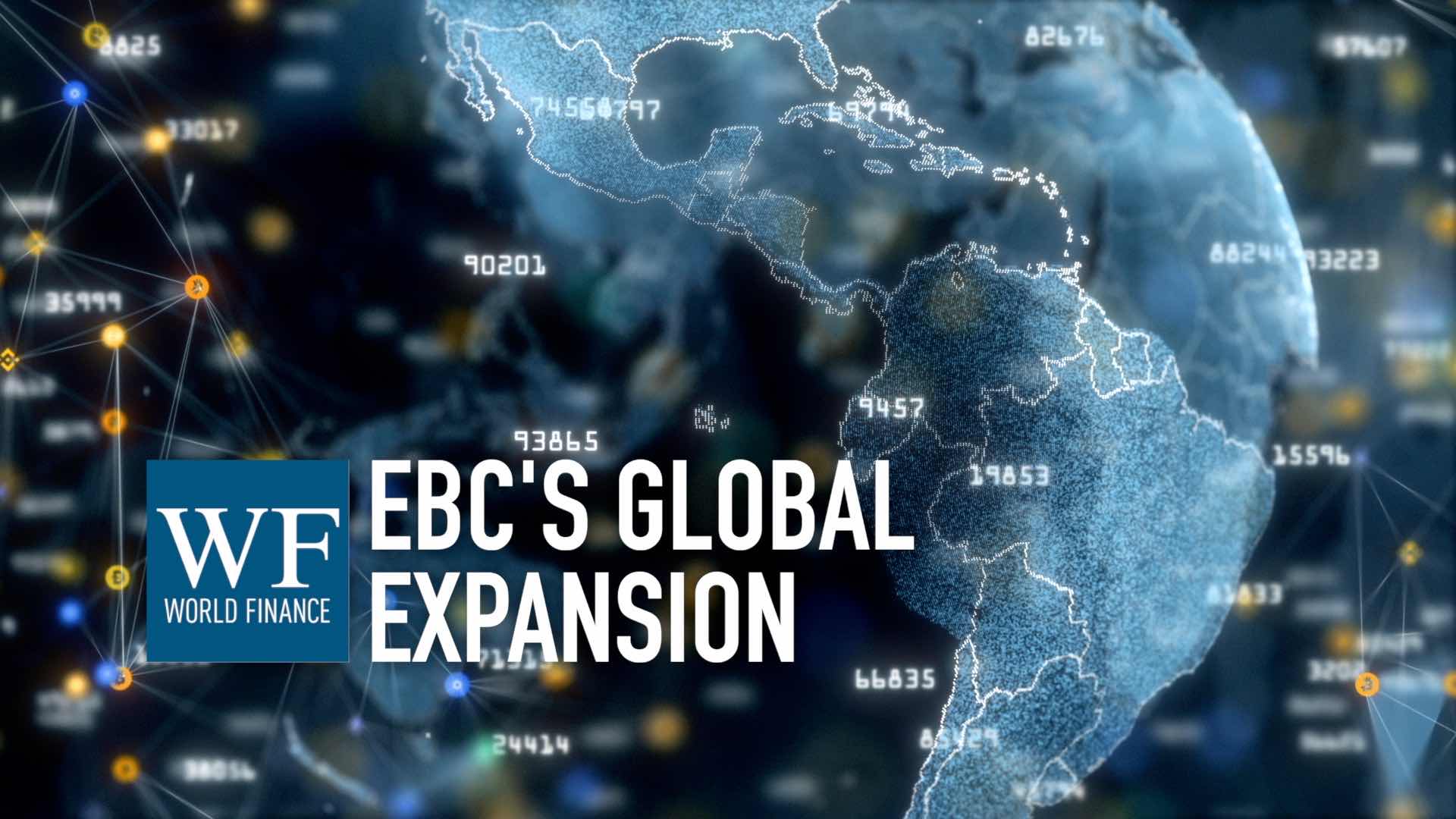Belfius Bank secures EIB partnership to build Belgium’s smart cities
Belgian's urban regeneration gets €400m credit line thanks to Belfius Bank and European Investment Bank co-financing programme
Related:
Transcript
In the age of sustainability, smart cities are becoming more important. One bank at the forefront of this is Belgium’s Belfius Bank, which offers specialised financing for such projects. Belfius Bank’s Karmen Wijnant talks about the aims and objectives of its €400m partnership with the European Investment Bank, and the kinds of projects already benefitting from the funding.
World Finance: In the age of sustainability smart cities are becoming more and more important. One bank at the forefront of this is Belgium’s Belfius Bank, which offers specialised financing for such projects. Karmen Wijnant from the bank joins me down the line.
Karmen, firstly: how did the idea for smart cities emerge? Who were the key instigators and founding partners?
Karmen Wijnant: We developed this programme together with the European Investment Bank in order to offer specific financial solutions to local authorities that want to finance smart and sustainable projects in the fields of urban regeneration, energy efficiency and mobility.
These solutions complement other, more classic solutions that have existed for a long time already, such as straight loans, bonds etcetera.
From the beginning, we wanted a programme that was within reach of all cities and municipalities, big or small. The Smart Cities programme needed to be adapted to the Belgian context, with over 98 percent of Belgians living in an urban environment, but only a few Belgian cities having more than 100,000 inhabitants.
As a consequence, cities and municipalities often operate one a small scale and lack the financial means to realise important projects, especially when they should be combined and integrated into a larger urban development plan.
Our programme facilitates the access to funding in order to realise these projects. Besides, almost half of the Belgian local authorities signed the Convention of Mayors and committed themselves to reduce CO2 emissions. We help them meeting that challenge.
World Finance: How did Belfius Bank get involved?
Karmen Wijnant: For over 150 years, we have been the financial partner of local authorities. Sustainability is also part of our own ambition: being a sound bank-insurer with the highest commitment to society. We want to stimulate and support the Belgian cities and municipalities to integrate a holistic approach towards the subject of smart cities. This requires more than just offering the financial solutions you’d expect from your bank.
World Finance: The bank decided to collaborate with the EIB for this programme. What does the partnership consist of?
Karmen Wijnant: We approached the European Investment Bank in 2013 with the proposal to develop a co-financing programme based on very concrete criteria around urban regeneration, energy efficiency and mobility.
It’s the first time in Europe that these domains are being covered in such a programme. In this way, we created a €400m credit line – €200m by the EIB and €200m by Belfius – for projects that match those criteria.
Each project needs a case study of its own, resulting in its own optimised financing solution for the administration and their partners realising the project.
World Finance: Partnerships really seem to be key in the bank’s Smart Cities approach: would you say that’s correct?
Karmen Wijnant: Absolutely. We want to go beyond providing just financial solutions you would expect from any bank. Together with our partners, we play an active role in the exchange of knowledge.
Just to mention a few examples: we are member of BELESCO, the Belgian federation of energy service companies (ESCOs), in order to develop financial solutions to create a take-up of the ESCO-market in Belgium. We are the only commercial bank collaborating in the European Innovation Platform to develop new business models for smart cities.
We also collaborate on the European Horizon 2020 project around deep renovation of social and individual housings. And in Belgium, we are one of the founding partners of the Smart City Institute, hosted in the university of Liège.
And, last but not least, we have a Smart Cities partnership with Agoria, the Belgian federation of technological industry.
World Finance: How important is technological research and development and long-term urban planning to the success of the Smart Cities idea?
Karmen Wijnant: It’s very important: long-term urban planning and technology play a key role in the success of smart cities for many reasons.
For instance, one of the major criteria for all supported projects is that a city or municipality must demonstrate through a pluri-annual plan that they have a long term sustainable strategy and vision that confirms the European 2020 objectives.
Technology and R&D is also key, because innovation in technology, ICT, servicing and governance is one of the criteria we set out with the EIB in our co-financing programme in order to be an eligible project. We also support technological research in the field.
Belfius is the first commercial Belgian bank signing the InnovFin programme for small and medium enterprises and small midcaps with the European Investment Bank. We also work together with Agoria, the Belgian federation of the technical industry. Smart Cities is one of their major transversal business development themes and we are the only bank in the Smart Cities workgroups.
World Finance: Finally could you give us some cases of realised projects in Belgium?
Karmen Wijnant: We recently inaugurated two projects: one of them is the new town hall of the Town of Gembloux, in the Walloon region. The project was based on an integrated, innovative and sustainable approach, with a strong focus on energy performance and accessibility for persons with reduced mobility. And that’s why it became eligible to receive funds through our programme.
The second one is the installation of a plant for compressed natural gas (CNG) by IMOG, an inter-municipality in the Flemish region. IMOG encourages people and businesses to use this cleaner means of transport: a successful approach since several companies already bought trucks and cars running on CNG.
Apart from these two inaugurations, more than 100 projects are under investigation, and plenty of them are already being financed via this programme.

 EBC Financial Group expands family of firms to Australia and Mauritius
EBC Financial Group expands family of firms to Australia and Mauritius EBC UK CEO: Broader instruments like ETFs helping clients better reflect their risk
EBC UK CEO: Broader instruments like ETFs helping clients better reflect their risk
